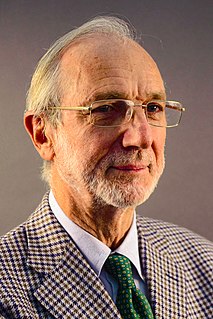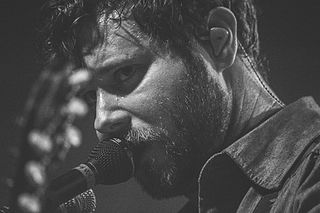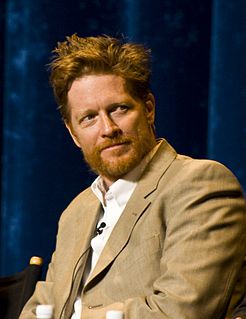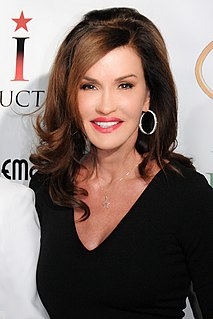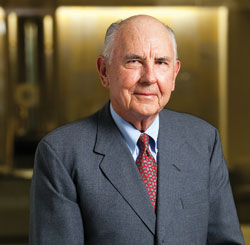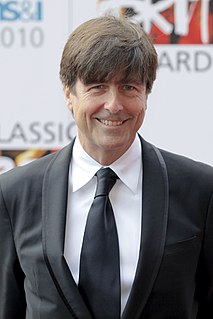A Quote by Abi Morgan
I never know if I'm the builder or architect. The role shifts all the time. But what I have come to conclude is that the script is the muse.
Related Quotes
I had to audition for Fandango. When I read the script, the role that was interesting - so everyone thought - was the role that Costner played. He was the cool guy. And I read the script, and my representation at the time said, "That's the role you should read for." And I was like, "Really? How about I read for this other role." And they went, "Well, you're not going to get that role."

